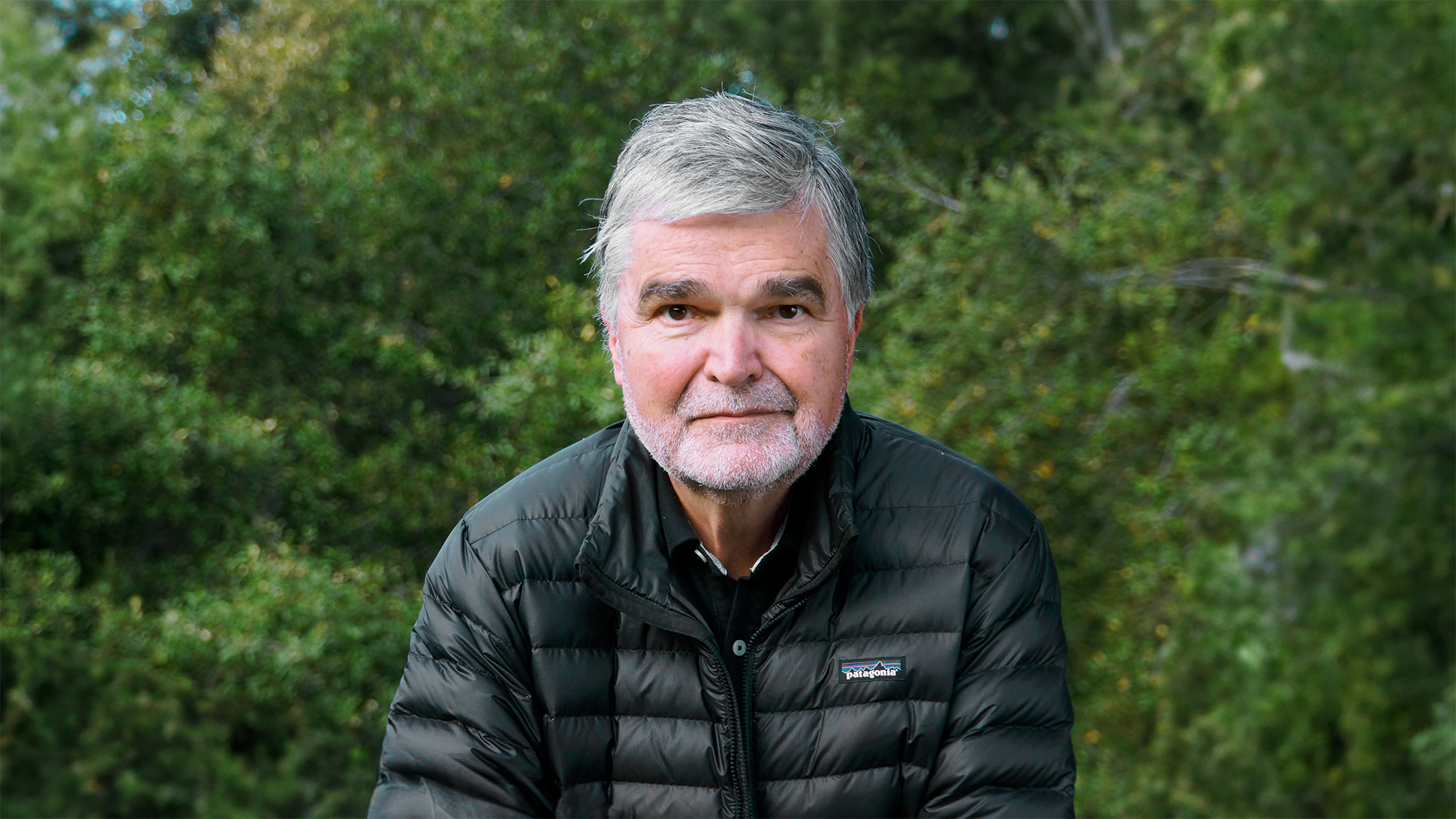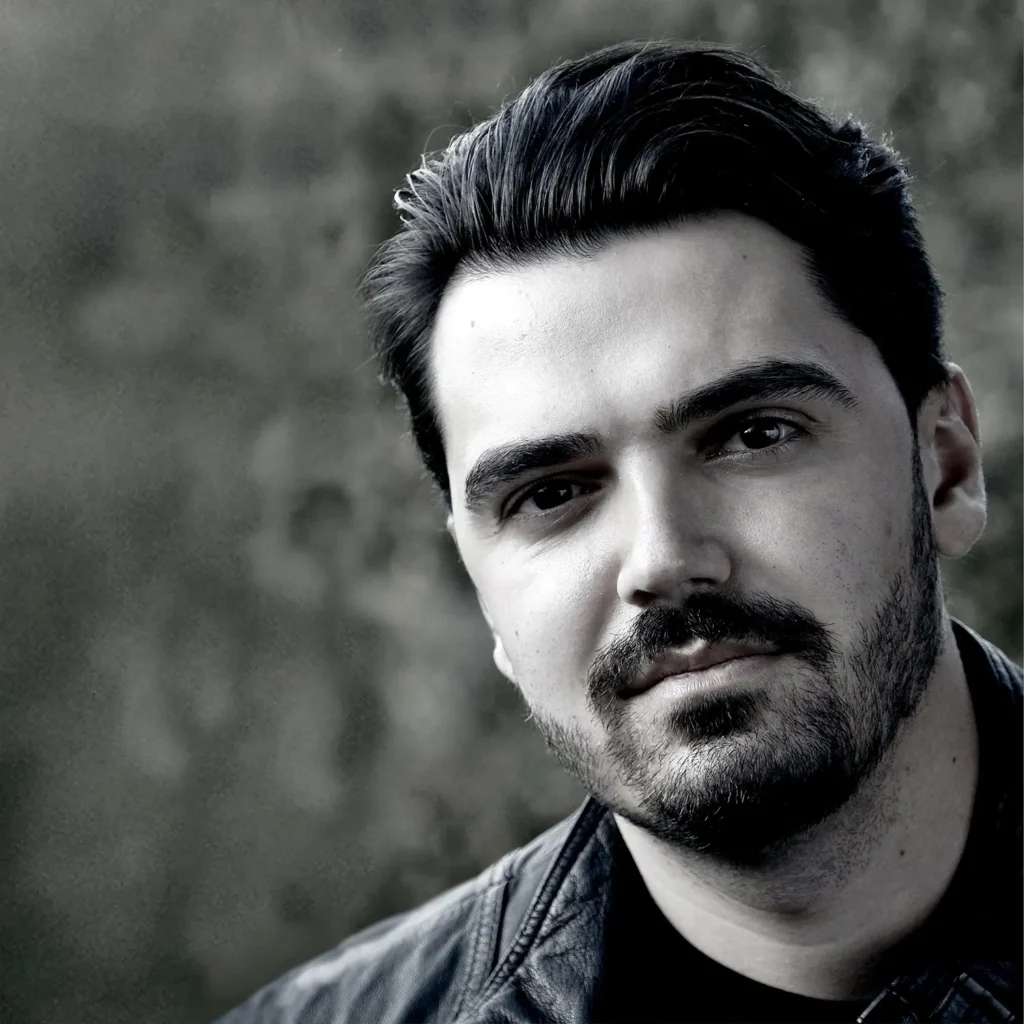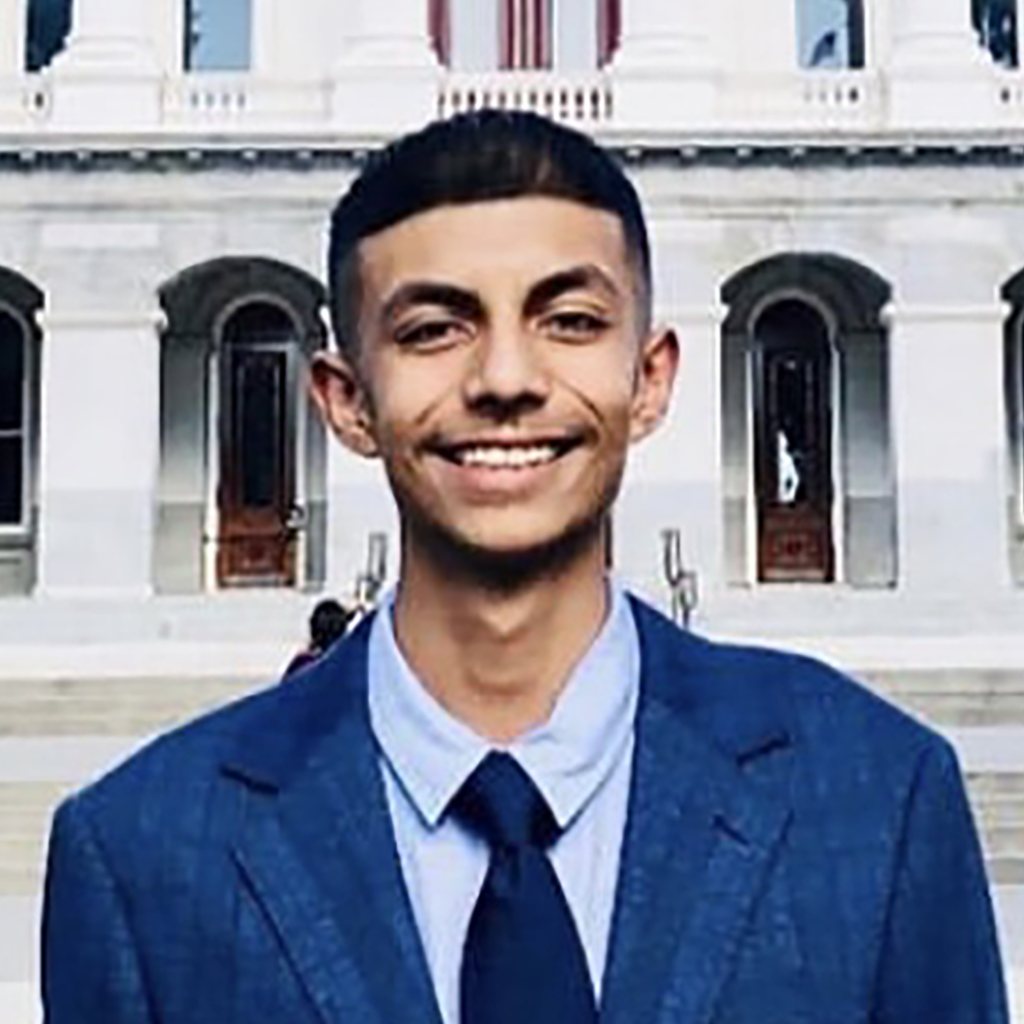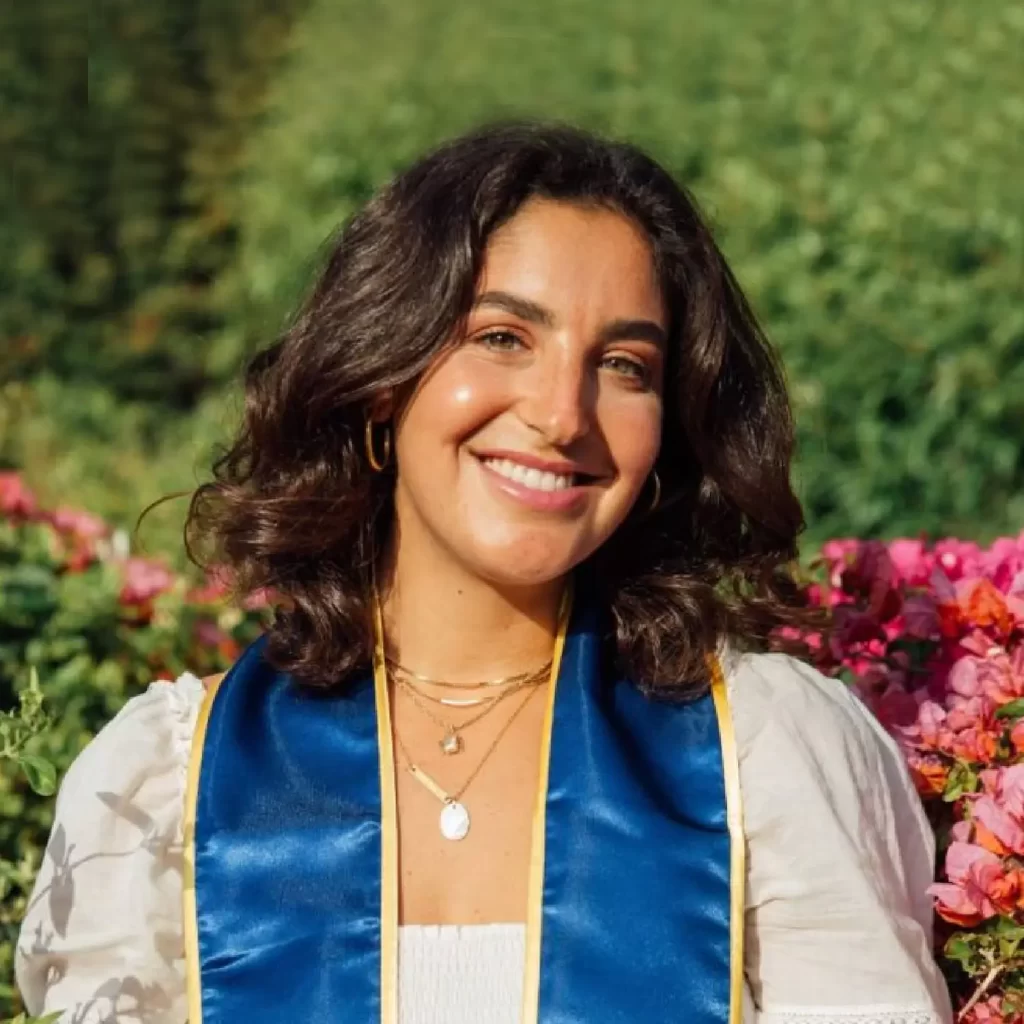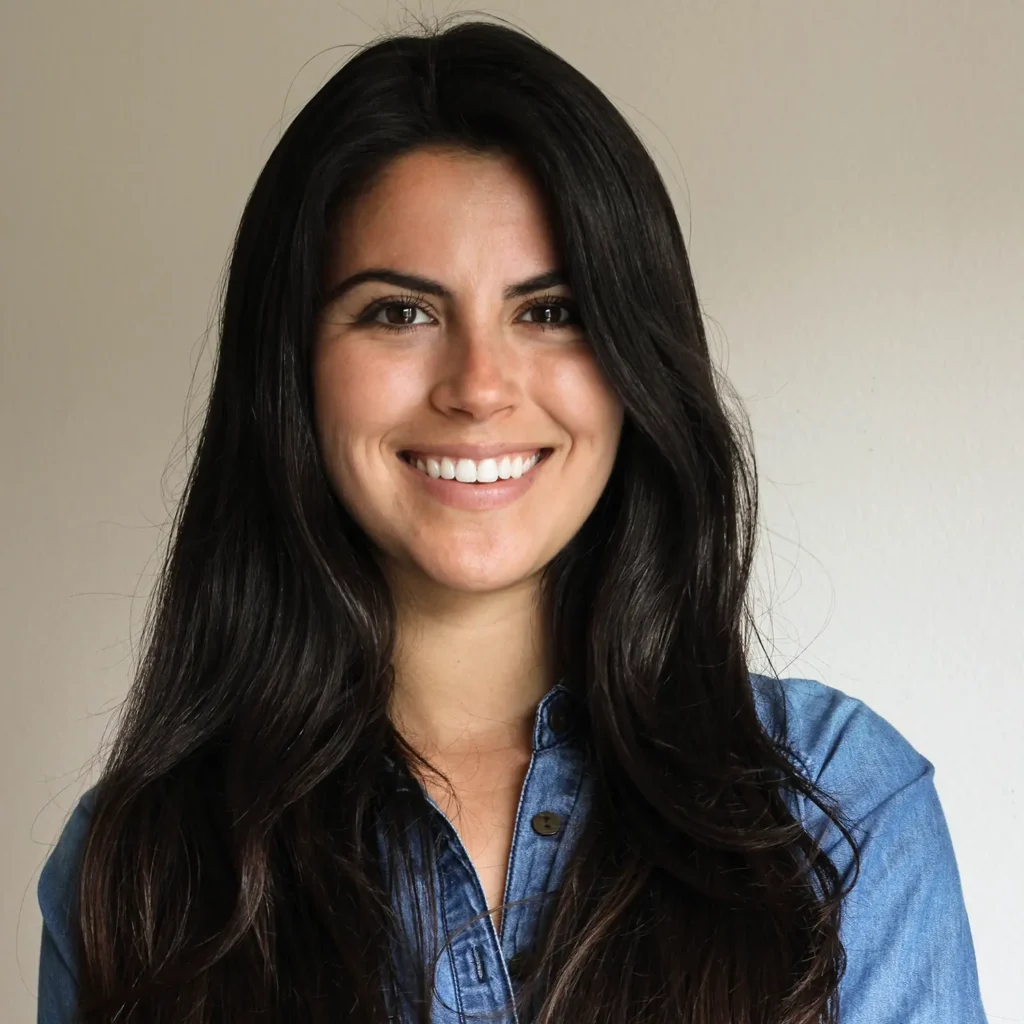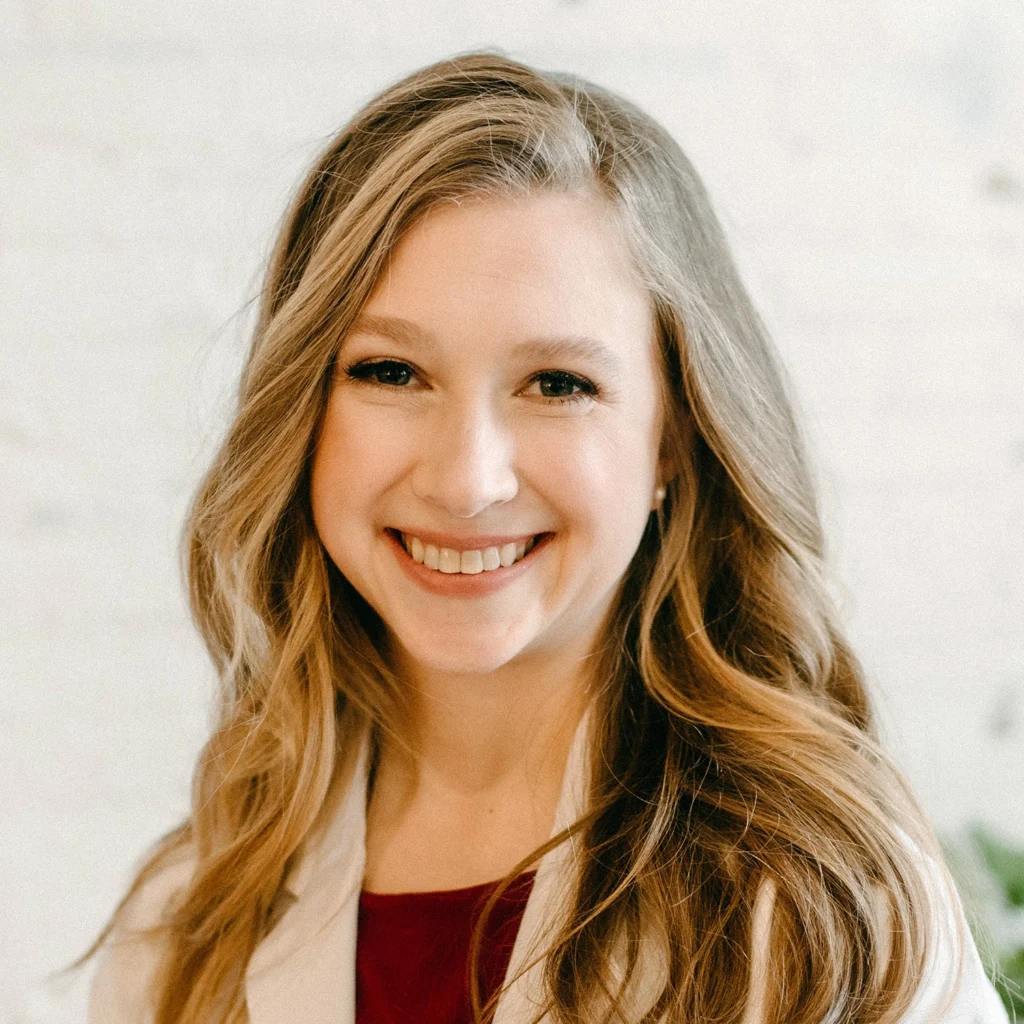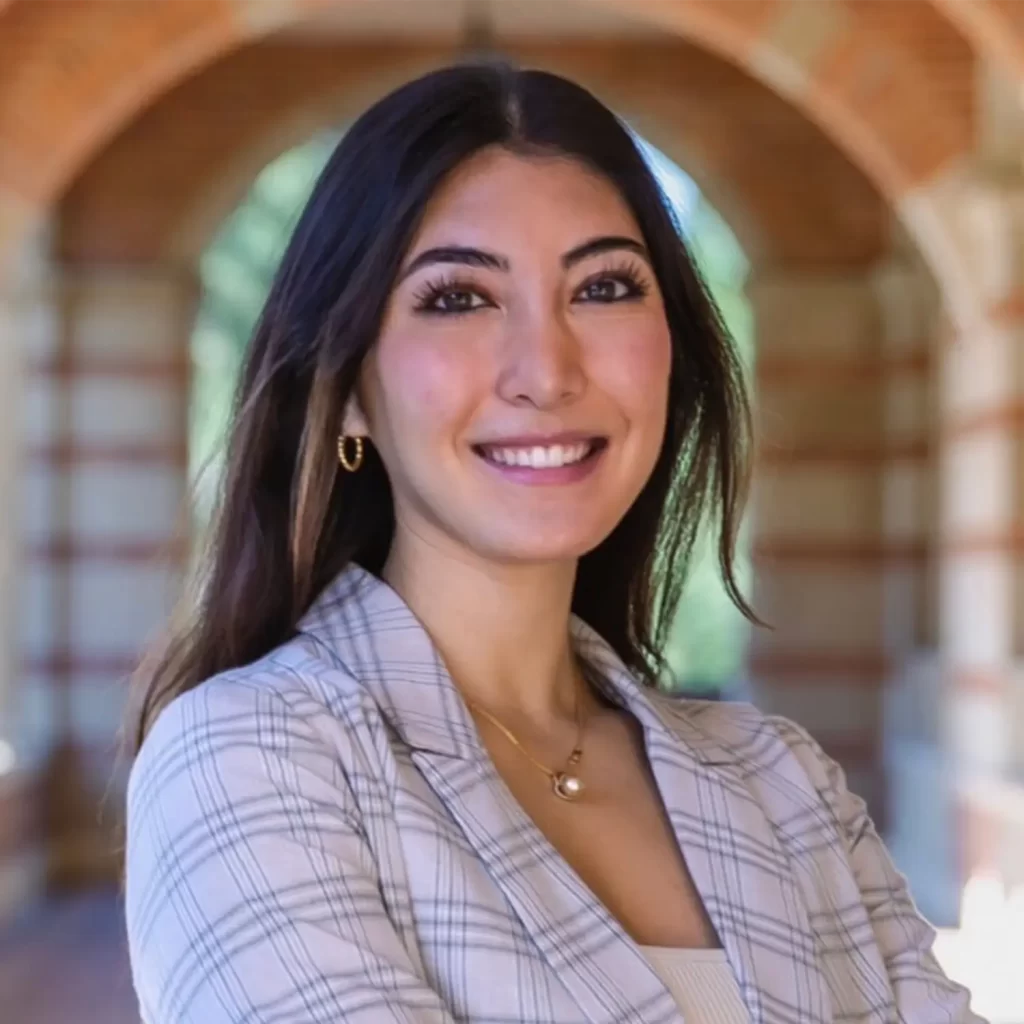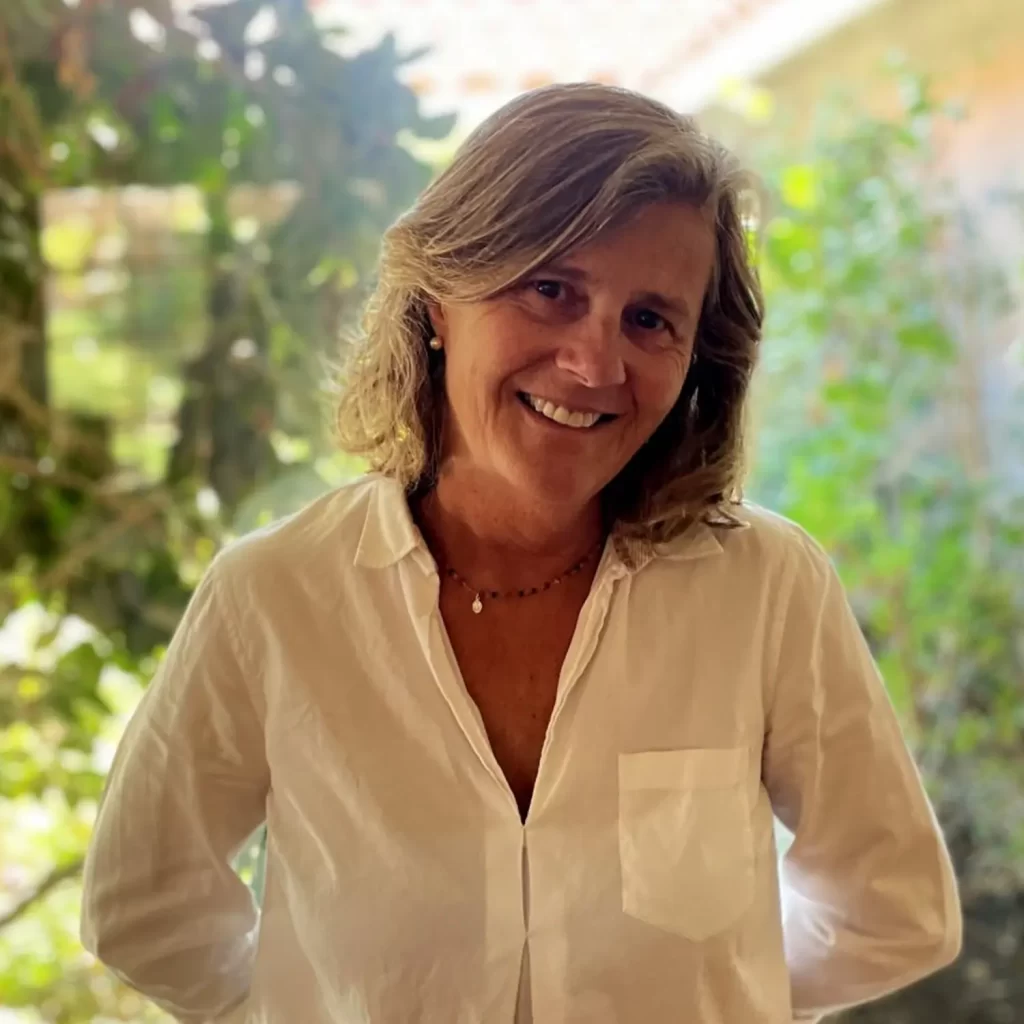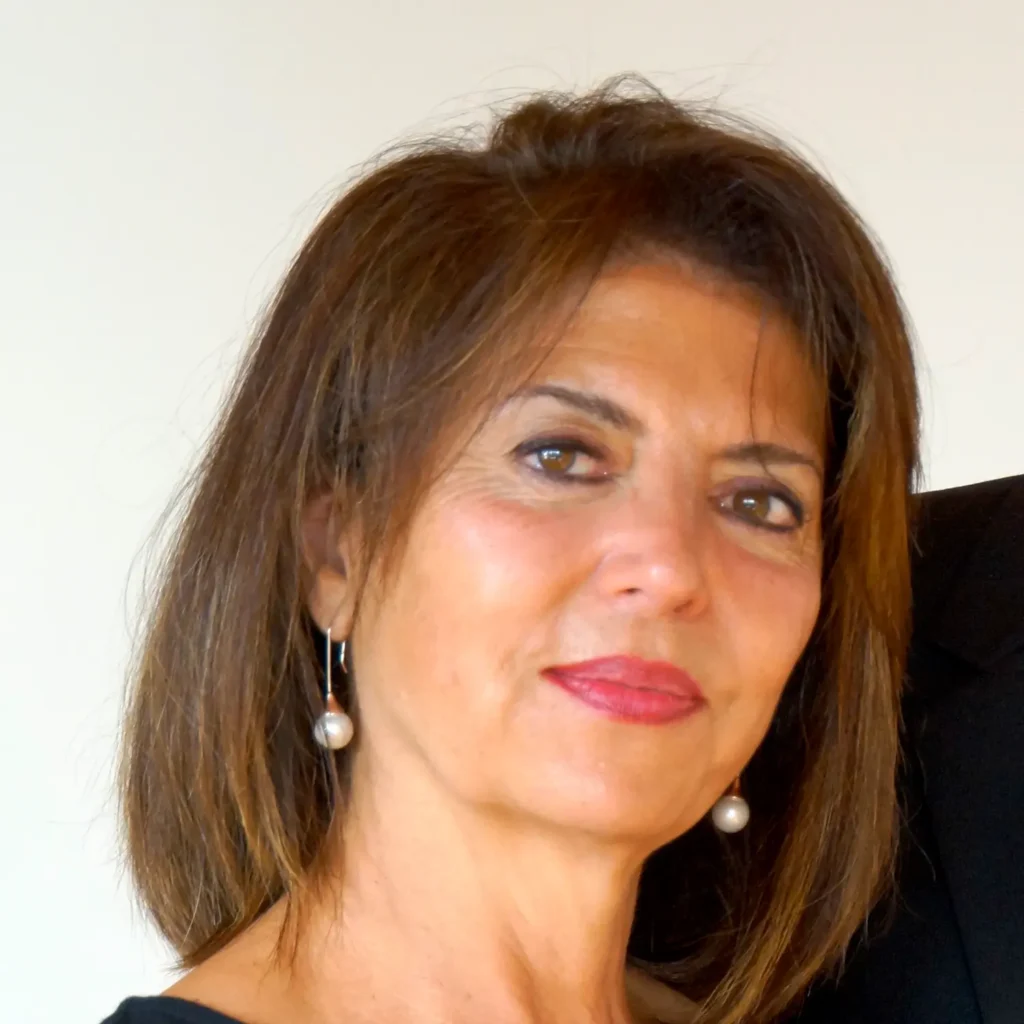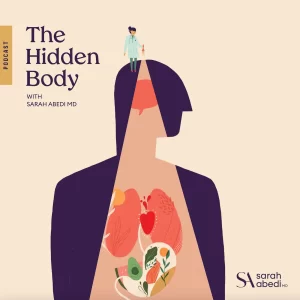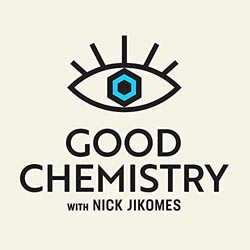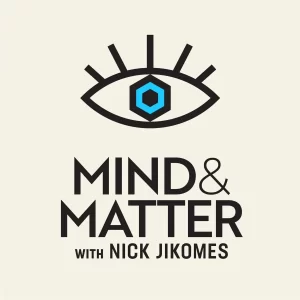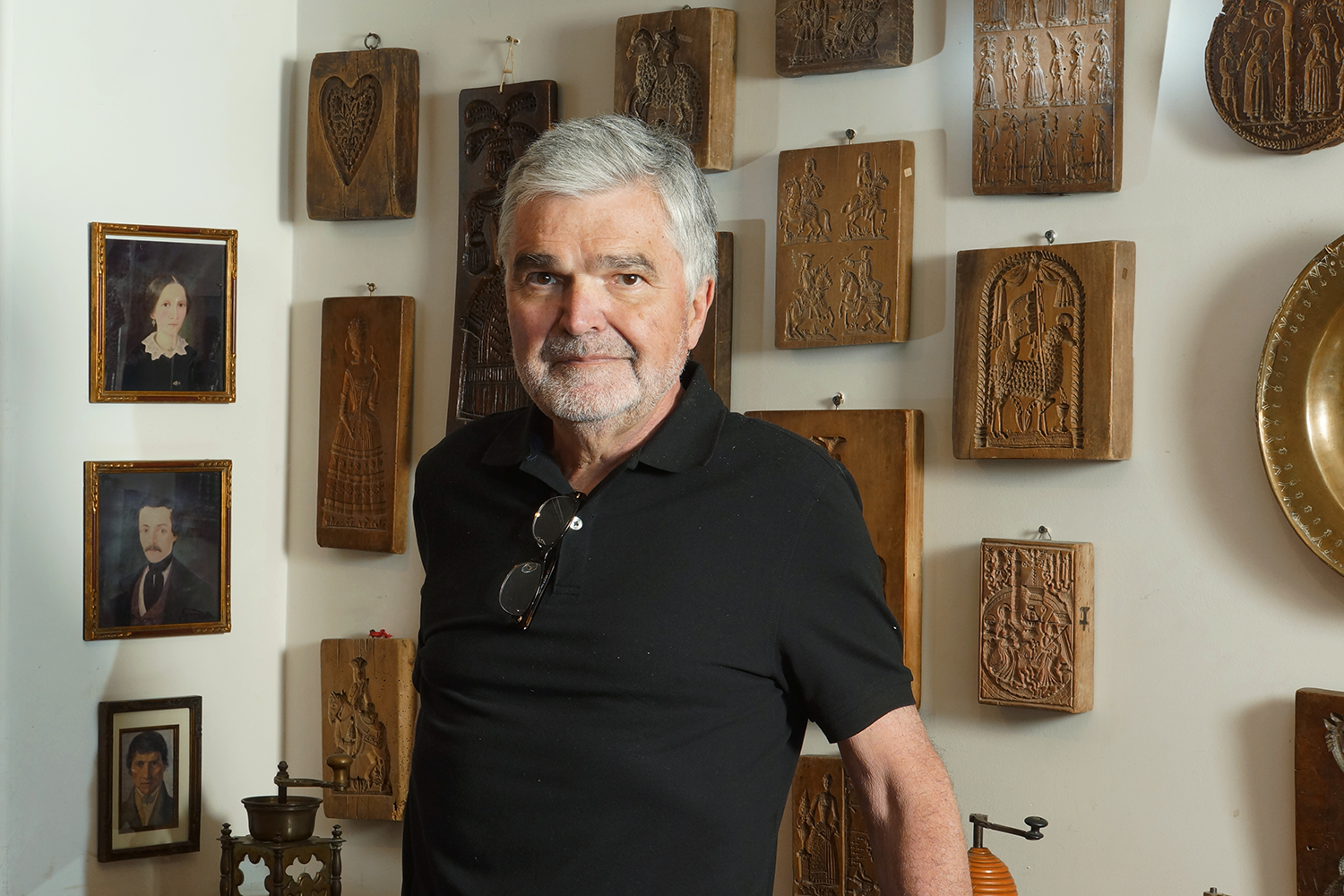
ABOUT EMERAN
Emeran Mayer was born in a small town in Bavaria, where his family had established a confectionary business in 1873.
After an agonizing decision against taking over the family business, he finished Medical School at the Ludwig Maximilian’s University in Munich, and then completed his residency training at the Vancouver General Hospital in Vancouver, Canada before moving to Los Angeles to continue his studies.
There, he worked under the late John H. Walsh to study the role of gut-brain interactions, along with James Meyer on the role of stomach emptying, at the prestigious Center for Ulcer Research and Education. While there, he completed his specialty training in Gastroenterology at UCLA.

